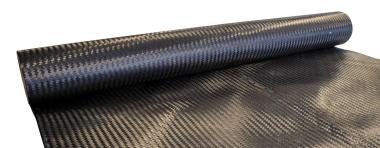Francois Guetat joins Suominen as COO
Suominen has appointed Francois Guetat, M.Eng., as Chief Operating Officer, and member of Suominen Leadership Team effective November 3, 2025.
Francois Guetat brings over two decades of global experience in operations, supply chain, and manufacturing excellence. Most recently, he served as SVP of Integrated Supply Chain at Kalmar, where he led business across sourcing, manufacturing, logistics and strategy. His leadership has been shaped by 22 years at Volvo, where he held key roles in Sweden, USA, and Poland.
“I’m pleased to welcome Francois to our team. He has consistently driven results through transformational programs, systematic continuous improvement deployment, strong commitment to total quality, safety and sustainability, and great people leadership skills”, says Charles Héaulmé, President and CEO of Suominen.
Suominen’s Chief Operating Officer Darryl Fournier has decided to leave the company to pursue other professional endeavors. He will continue with Suominen until end of January 2026, focusing on strategic projects.
“I want to thank Darryl for his dedication and commitment to Suominen and wish him all the best going forward”, says Charles Héaulmé.
Suominen































